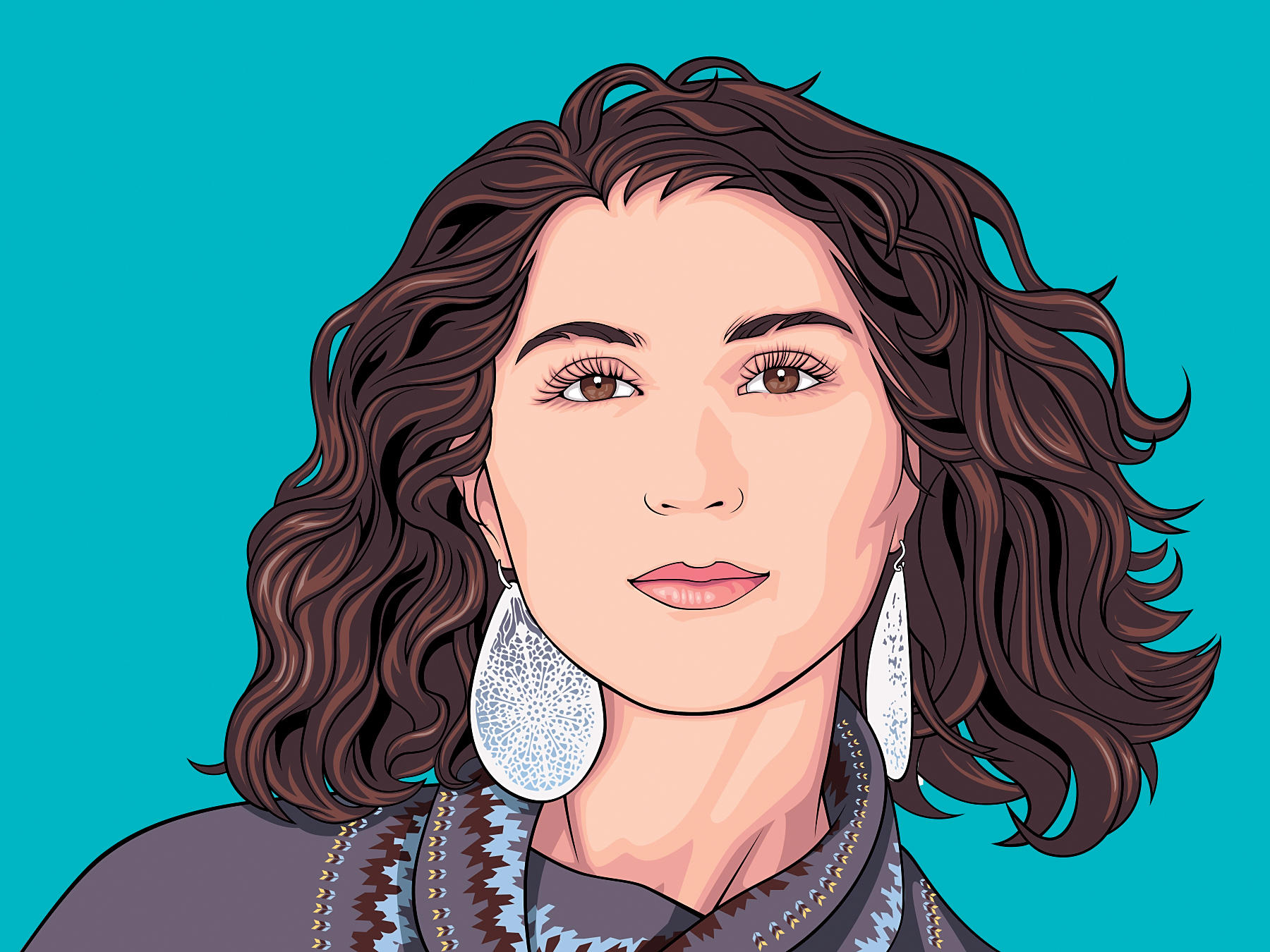You moved back to Syria as the Arab Spring was beginning. What were your hopes at that time?
I guess retrospectively this appears naive, but I was an optimist. I thought that the stagnation we had all come to associate with the Middle East had finally somehow been broken through. I knew the road would be rough, but I never imagined it would be this rough. I thought I was returning to a place that was finally moving into the future. Instead, we’re in a place of catastrophe.
Why did your family’s home in Damascus mean so much to you?
It was the apartment my grandmother Salma moved into when it was a new building and she was a new bride and Syria was a new country — a modern, independent nation-state. It was also the apartment my mom was raised in. And as I learned more about who lived in the building and what the relationships were like between the neighbors, I was drawn to it as a literary device. Your country, like your house, is supposed to be somewhere that you belong and feel safe. It felt like my family was losing both to the same regime.
You write beautifully about your multigenerational extended family, but your grandmother emerges as the central figure. What drew you to her as a subject?
She was ordinary and extraordinary at the same time. She only had a grade-school education, but she strove to be more than was expected of her. She went out of her way to help people, particularly in areas where the government or other institutions had failed them. People coming to Damascus from the villages came to rely on her to help navigate the system. But then tragedy struck. She suffered a stroke when I was six years old and had locked-in syndrome for almost a decade. Like Syria itself, she was suspended between life and death.
While you were writing about your family, you were also working as a freelance journalist. What was it like to be a reporter in an authoritarian country, with a notorious secret-police force, in the midst of civil war?
I had to have a cover story for being there. When people first asked me why I was in Syria , I told them I was renovating my grandmother’s house, and that was plausible up to a point. But then I also told people that I was interested in writing a book about my grandmother and about the history of Syria — things that sounded sort of innocuous. The reporting that I did for the Nation and the New York Times was all done in secret, and it was terrifying. The risk of endangering my sources and my family kept me really sober. Eventually, I felt it wasn’t worth continuing.
You were a lawyer working for the Department of Justice before you went to journalism school. Why did you change careers?
I was raised by immigrant parents, and I chose a stable career path to make them proud. I was hired in 1999 under Bill Clinton and Janet Reno to be a trial attorney in the civil-rights division. Just a few months later, I was working under George W. Bush and John Ashcroft. After 9/11, both the rhetoric and the actions of the Department of Justice changed drastically. I kept wondering how it was acceptable for Americans to think about Arabs and Muslims in such general terms. It seemed like part of the problem was that people didn’t know any other stories. A huge part of contemporary Arab society felt invisible.
What kind of reaction have you had from Syrians, whether people within Syria who took the risk of communicating with you or people from this now vast Syrian diaspora?
So many Syrians have contacted me, and initially they’re just happy to see a version of Syria that’s recognizable to them, one that doesn’t just focus on ISIS. They say, ‘My family and I, we’re all reading the book and we’re all doing the same thing: trying to track our family history within the greater national history.’ Syria is an ancient and storied place, but the only history that’s being taught there is of the last forty years. I started writing to correct Western narratives about Syria, but now I also see writing personal history as an act of resistance to the regime, which for so long has taught Syrian history as the history of Assad, first the father and now the son.



